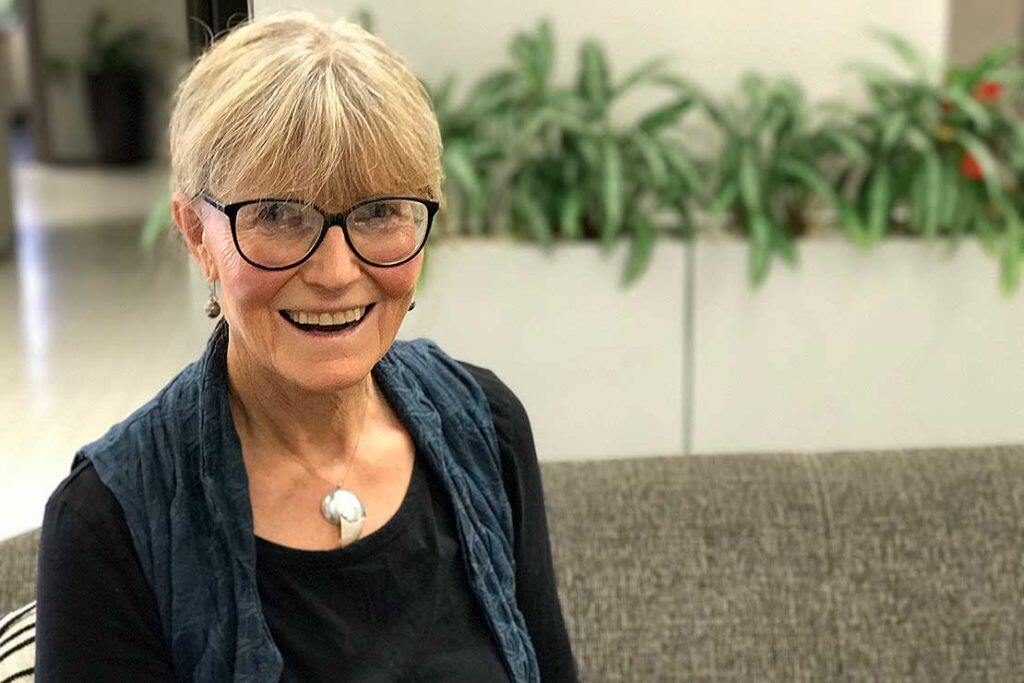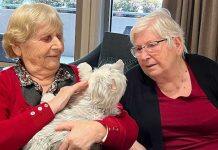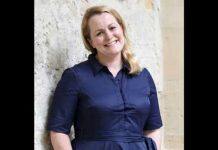

A Massey University study will investigate the barriers for disabled young people to participate in sport and active recreation.
Dr Penelope Carroll, a researcher at Massey University’s SHORE & Whāriki Research Centre, has been awarded a $1.1 million Project Grant from the Health Research Council of New Zealand (HRC) to lead the study.
Disabled youth are known to have lower physical activity levels and are less likely to be involved in sport than non-disabled peers. However research shows being physically active, and remaining so, are vital for physical and mental health and wellbeing across the life span.
Dr Carroll says while official policies in Aotearoa New Zealand recognise disability as a form of social discrimination and reject individual deficit models of disability, ableist attitudes and policies which favour particular abilities and devalue variation from normative ‘able’ bodies persist. Ableism is best understood as a form of privilege which confers on non-disabled people the systemic and interpersonal advantages of belonging to a group that has preferred and normalised status in society.
“Ableist attitudes – explicit and implicit – stigmatise disabled people and result in practices which devalue and exclude them,” Dr Carroll says. This exclusion can be magnified in sport and active recreation, she adds.
“Participants in our HRC-funded study Enabling Participation of Disabled Young People [2016-2018] reported barriers to participation across school and community physical education (PE), sport and active recreation, and highlighted ableist attitudes as a potent exclusionary force,” Dr Carroll says.
Building on this prior study, the current project will work with key stakeholders Sport New Zealand, Aktive, Physical Education New Zealand and Parafed to identify underlying ableist attitudes, policies and practices which discriminate against and exclude disabled young people; develop resources for schools, sports clubs and coaches aimed at tackling ableism and increasing their meaningful participation; and trial these resources in the field.
“People’s attitudes can be a barrier to positive experiences of participation in PE, sport and active recreation,” Dr Carroll says. “Through our research we aim to increase opportunities for disabled young people’s meaningful participation, to enhance their wellbeing, reduce inequalities, and improve health outcomes across the life course.”
Research findings will reach wider audiences through involvement with organisations such Imagine Better, the Access Alliance and the Human Rights Commission.
College of Health Pro Vice-Chancellor Professor Jill McCutcheon says, “This research provides an outstanding opportunity to contribute to an area that is key to advancing our thinking and actions in relation to sport and recreation but also with regard to health and wellbeing for disabled young people. The interactive approach provides a significant opportunity for the centre to engage with our sector stakeholders on important issues that raise awareness of barriers that limit participation for disabled youth.”
The Tackling ableism to remove barriers to participation in sport and recreation project will begin in August and continue over the next three years.
Led by Dr Carroll, the research team includes Professor Karen Witten, Dr Belinda Borell and Postdoctoral Fellow Dr Solmaz Nazari Orakani from Massey University’s SHORE & Whāriki Research Centre and Dr Octavia Calder-Dawe, Victoria University, Dr Robert Townsend, University of Waikato, Professor Barbara Gibson, University of Toronto, and collaborators from the prior Enabling Participation study Kramer Hoeflich, Áine Kelly-Costello, Shakti Krishnan and Jaden Movold.
The funding awarded to Dr Carroll by the HRC is one of 45 Project and Programme Grants announced today, worth a combined total of more than $68 million.







































